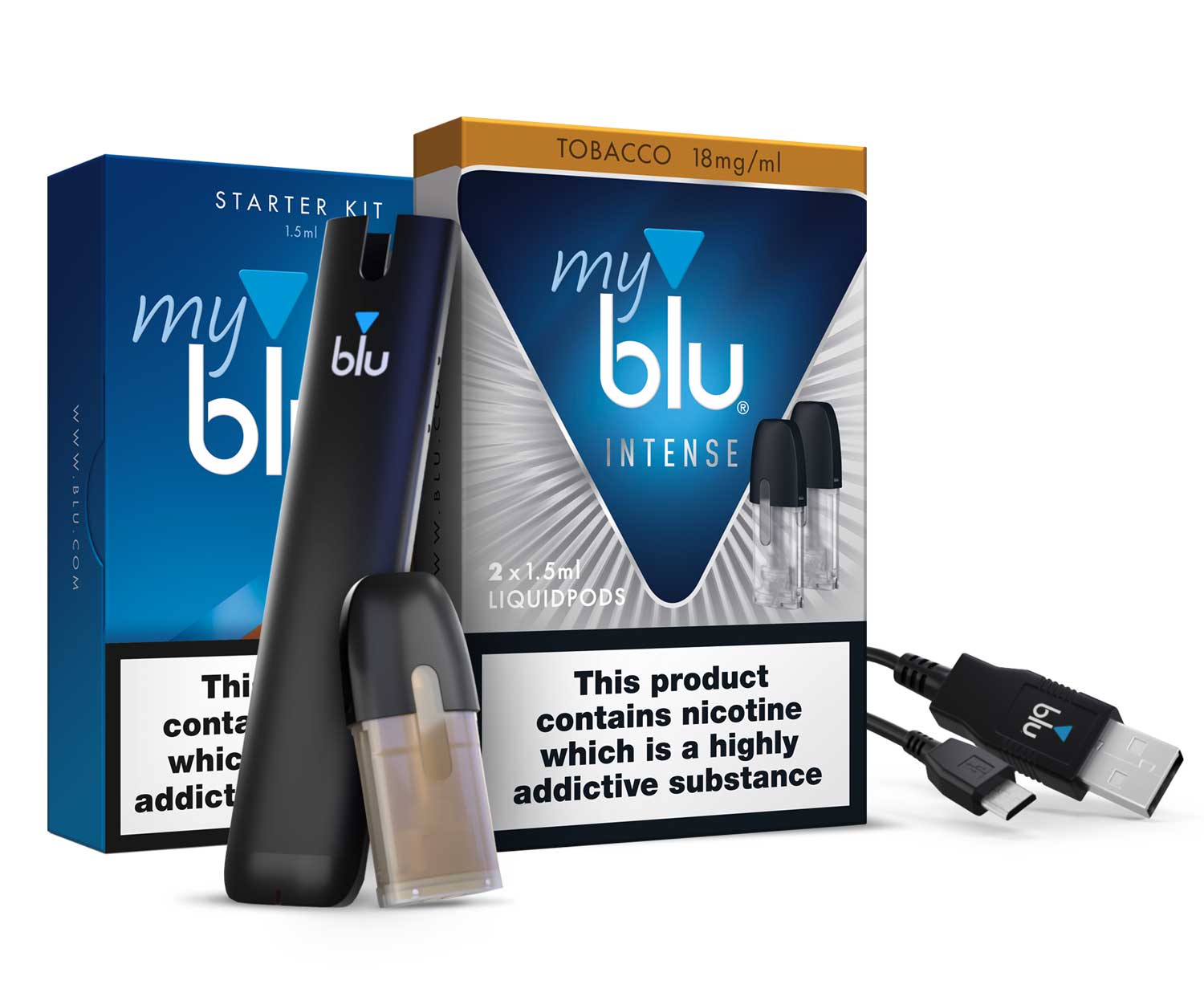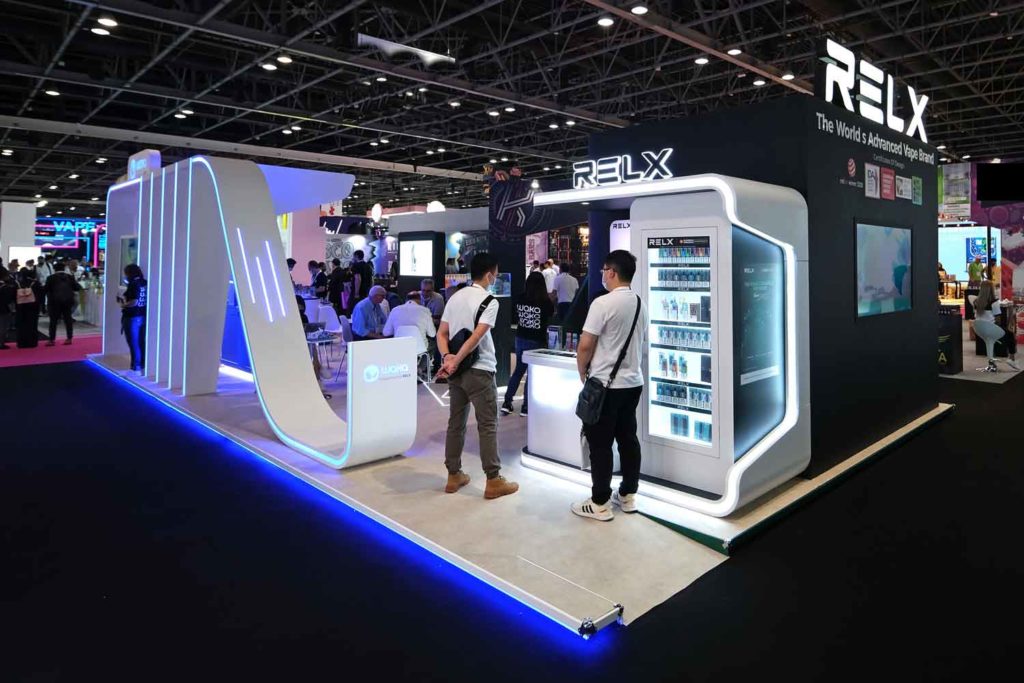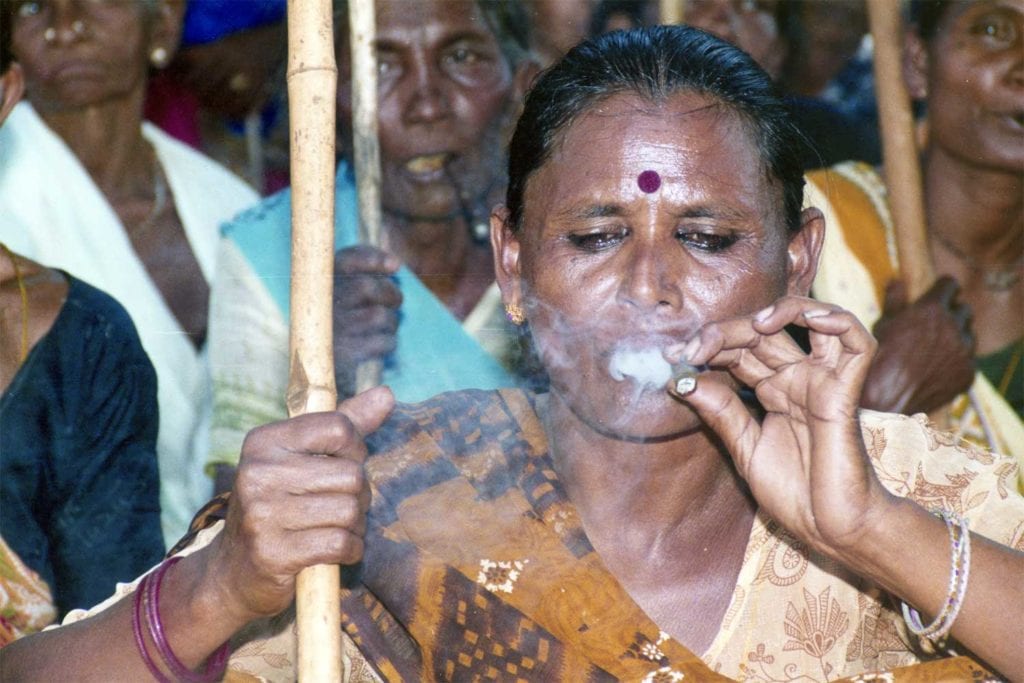
Tobacco manufacturers selling in India will have to print a new health warning on their products starting Dec. 1, reports Mint.
The Union Health Ministry has specified two sets of warning messages and images to be used on both sides of the pack. The first, “Tobacco causes painful death,” must be printed with an image on one side of a pack, and the message “Tobacco users die young” must be displayed with an image on the other side of a pack.
The packs must also display a toll-free helpline for smokers wishing to quit.
Health activists welcomed the new warnings.
“It’s a proven fact that the lives of tobacco users are shortened by up to 10 years as compared to nontobacco users,” said S.K. Arora, medical superintendent of the Sanjay Gandhi Memorial Hospital and renowned tobacco control expert. “The warnings play a significant role in helping tobacco users quit the habit.”
In the second round of the Global Adult Tobacco Survey, 61.9 percent of cigarette smokers, 53.8 percent of bidi smokers and 46.2 percent of smokeless tobacco users were considering quitting due to the warning label on packets. The number is significantly higher compared to the 2009–2010 figures.
According to government data, tobacco use causes more than 1.3 million deaths every year

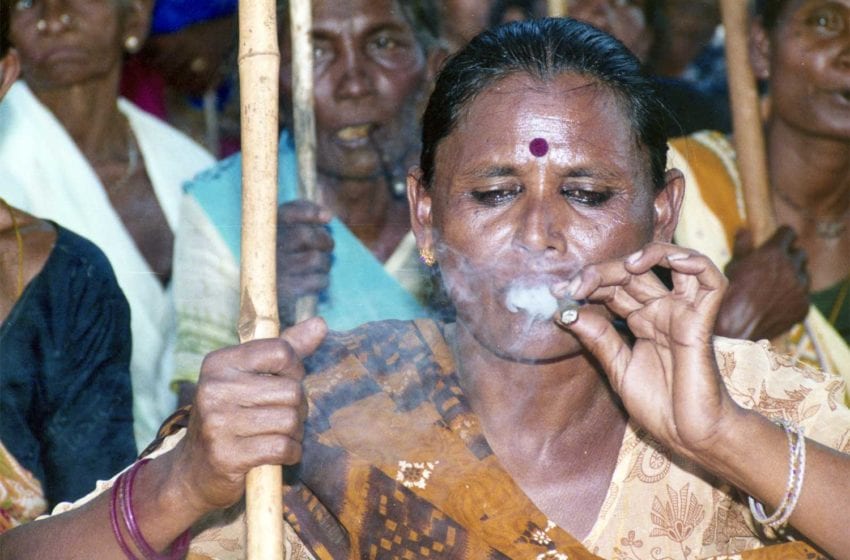









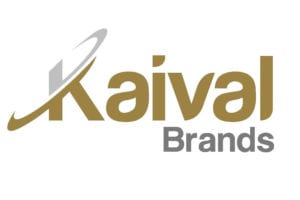 Kaival Brands Innovations Group (KBI) announced the launch of Philip Morris International’s Veeba disposable e-cigarette in Canada.
Kaival Brands Innovations Group (KBI) announced the launch of Philip Morris International’s Veeba disposable e-cigarette in Canada.


